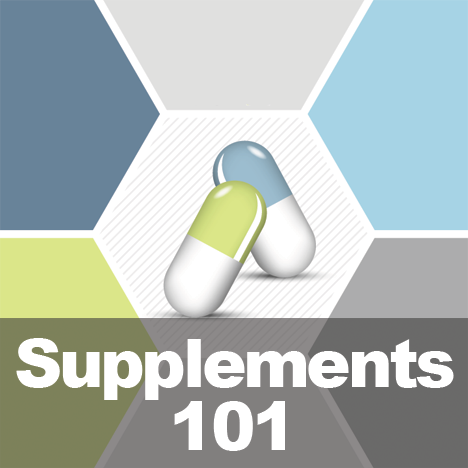 The Harvard-led Physicians Health Study II spanned the course of ten years, charting two groups of adult men and the effects that taking a daily multivitamin may, or may not, have on their health. In particular interest to the statisticians was if supplementation would be revealed to prevent either cancer or heart disease. These two diseases alone make up nearly half of all of the deaths in the United States on an annual basis. When dealing with such vast sums of the population, even small percentages end up equaling thousands of people, and succeeding in decreasing the amount of people diagnosed with these diseases in any capacity is a triumph.
The Harvard-led Physicians Health Study II spanned the course of ten years, charting two groups of adult men and the effects that taking a daily multivitamin may, or may not, have on their health. In particular interest to the statisticians was if supplementation would be revealed to prevent either cancer or heart disease. These two diseases alone make up nearly half of all of the deaths in the United States on an annual basis. When dealing with such vast sums of the population, even small percentages end up equaling thousands of people, and succeeding in decreasing the amount of people diagnosed with these diseases in any capacity is a triumph.
Vitamin Deficiency Prevention
After ten years, with half of the subjects taking a daily multi-vitamin and the other half being given a placebo, the researchers found that taking a daily multivitamin did decrease the occurrence of cancer by 8%. In a single year, that would mean a decrease of roughly 132,669 people not being diagnosed with cancer, who otherwise might have been. Previously, the only proven human activity shown to decrease the occurrence of cancer has been to stop smoking cigarettes or to never start in the first place.
Granted, these kind of results only were shown to ring true when it came to preventing cancer – the results regarding heart disease were not as compelling. Taking a multivitamin alone without any changes to lifestyle did not decrease the occurrence of heart disease within the subjects. This seems to reiterate the importance of overall healthful diet and lifestyle habits. No “magic pill” alone can prevent vitamin deficiency and keep you from having a heart attack. But if you are one of the lucky 8%, it could prevent you from being diagnosed with cancer.
Dr. Gaziano stresses that the benefit from taking a multivitamin lies within preventing deficiency, given that most Americans do not consume all of the nutrients they need in their common daily diet. This could be exacerbated by the consumption of processed and/or modified food that no longer contains the amount of nutrient they would have hundreds of years ago.
To prevent vitamin deficiency, ingesting an adequate amount of required nutrients is the goal, as opposed to the mistake of trying to consume an overabundance in certain nutrients that have been deemed “super” or “cancer fighting”. The old adage of “ everything in balance” certainly rings true when it comes to our proper nourishment and nutrition. Over-consuming a certain vitamin or mineral because you heard that it was beneficial could do exactly the opposite of what you were hoping it would do. In other words, it could actually harm your health. This is why taking a multivitamin is an excellent option, because the amounts are “supplemental” in nature and dispersed across a broad range of nutrients.
Becoming nutritionally literate is the first step… and one of the most important. Understanding what types of nutrients, and in what amounts, are in each of the foods you eat will help you understand where you might be forming a deficiency, and also where you might be consuming the appropriate amount already. Every diet, person, and day is different, so taking a “one size fits all” approach without doing the proper vitamin deficiency assessment first is not very prudent. Above all, it is important to remember that your daily multivitamin is a supplement, not a substitute for a healthy and nutritious diet. But even healthy people with consistently balanced diets still run into times when they are not able to eat as well as they would like. So in these times, it can be helpful to know how to best supplement your daily nutrition.
With such respected research revealing the cancer prevention benefits of a daily multivitamin, it is a hard thing to argue as a worthwhile and easy precaution to take. Be mindful and become familiar with your average daily nutritional intake, and supplement in a moderate amount. There is no need to take 100% of all of your daily nutrients via supplements, so when you take that into consideration, the investment in high quality multivitamins becomes much more reasonable, given that many brands may stipulate that “4” or “6” tablets equal your daily requirement. You can allow your supplement to last much longer, making them much more cost effective.




